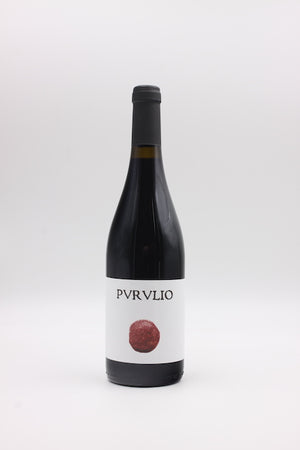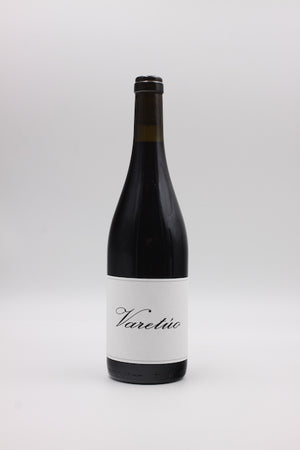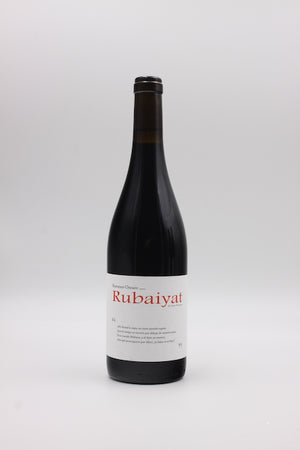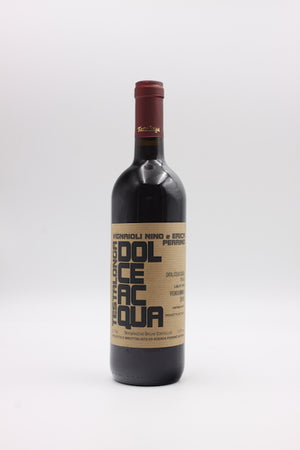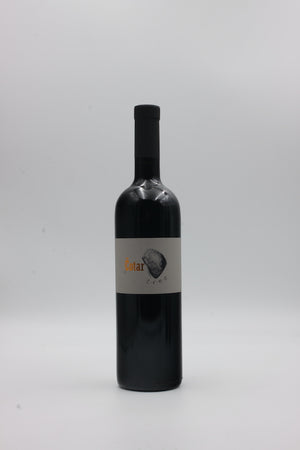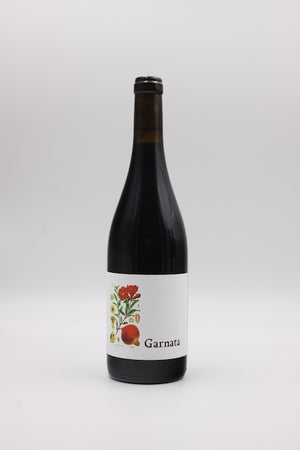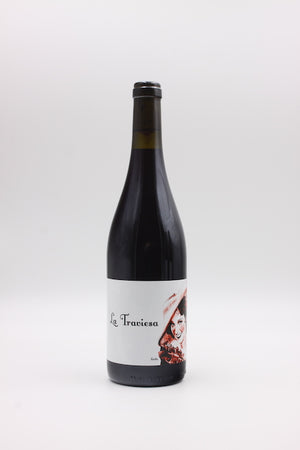

Rocco di Carpeneto: Losna 2018
- €17,20
Dolcetto is a fantastic grape variety with one significant challenge: it exists in the shadow of Nebbiolo. Consequently, in Alba and its surroundings, every decent vineyard is planted with Nebbiolo. Dolcetto—along with Grignolino, Barbera, Freisa, and others—is often relegated to vineyards where potatoes might feel more at home than grapevines. This has affected quality and, over the decades, tarnished its reputation.
The true potential of Dolcetto is best showcased in Dogliani and Ovada. These two small regions in southern Piedmont, devoted almost exclusively to Dolcetto, now both enjoy DOCG status. Ovada, in particular, is the chosen home of Lidia Carbonetti and Paolo Baretta, who established Rocco di Carpeneto in 2008, giving Dolcetto the care and attention it deserves.
The 1.3-hectare Vicario vineyard, with its clay-loam mix, is home to the vines for Losna, named after a Piedmontese dialect word for "lightning." The grapes are hand-harvested and spontaneously fermented in stainless steel tanks. Losna is aged for at least 15 months in a combination of tonneaux and used oak barrels, a process that benefits the reductive nature of Dolcetto. A small amount of SO₂ is added before bottling.
Style
Rocco di Carpeneto’s wines are known for their linear and precise structure, and Losna is no exception. Its straightforwardness is complemented by a compact, substantial, and concentrated body, balancing freshness with fullness. The juicy, dynamic texture is imbued with aromas suggesting pepper, dark berries, floral notes, and sweet spices.
Technical Data
- Variety: 100% Dolcetto
- Vineyard: Vigna Vicario and Vigna Gaggero, planted in 1970 (Gaggero & Vicario) and 2002 (Vicario). Both vineyards are situated at 270 meters altitude, on clay and loam soils. Plant density is 5000 vines per hectare with an average yield of 1 kg per vine.
- Exposure: East
- Harvest: By hand
- Fermentation: Spontaneous | wild yeasts, in stainless steel tanks
- Aging: 14 months in used tonneaux and barriques
- Filtration: None
- SO₂: < 50 mg/l
- Alcohol Content: 13% vol
- Closure: Natural cork
- Serving Temperature: 16-18°C
- Optimal Drinking Window: Now – 2030
- Bottle Size: 0.75 l
- Price per Liter: €21.5/l
Philosophy: All winemakers listed at Vinonudo work their vineyards using compost, organic fertilizers, and natural preparations, avoiding herbicides, pesticides, and synthetic fertilizers.
Similar Products
Newsletter
Who knows more, tastes more. Once a week there is news about our wines, winegrowers and events.
© 2025 vinonudo | Shopify Theme by Mile High Themes | Powered by Shopify
